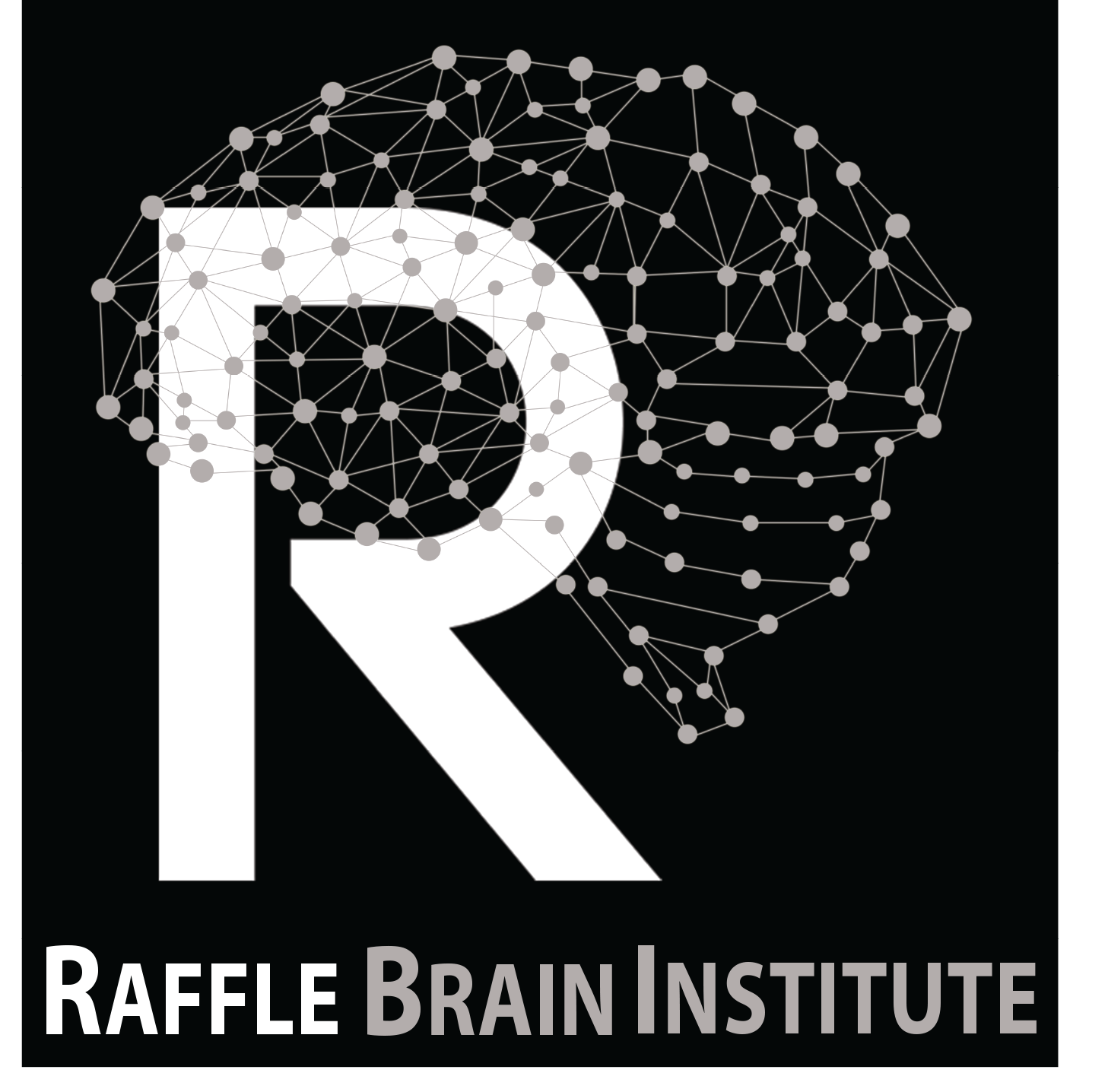
Your Brain on Chocolate
There has been a great deal of news about the benefits of dark chocolate and cocoa powder, which contain large quantities of antioxidant chemicals called flavan-3-ols (flavanols), aromatic chemicals also found in apples, grapes, cherries, and tea (Nehlig, 2013).

Dyslexia is NOT a Learning Disability – It’s a Brain Disorder
Dyslexia, Latin for “faulty reading,” is found in over 30 million adults in the U.S., and in about 80% of children who are in special education under the category of “specific learning disability.”

Shaken Baby Syndrome: Never Shake a Baby
Shaken Baby Syndrome (SBS) is a form of Abusive Head Trauma (AHT) that occurs when a person shakes an infant or small child; usually to stop him or her from crying. This action causes Traumatic Brain Injury (TBI) and is a form of child abuse that causes lifelong disability or death.

Winter Is Coming: Skiing,Snowboarding – And Brain Injuries
The American Association of Neurological Surgeons reported in 2009 that, of the 447,000 sports-related head injuries treated in emergency rooms, 19 percent were from bicycle accidents, while baseball and football each accounted for about 10 percent of head injuries.

Sports Concussion: Not Just Football Players
As fall arrives students to return to the football field – and to the possibility of getting a concussion. A concussion is a mild blow to the head that can cause damage to brain cells at a level not detected on MRI or CT scan.

Traumatic Brain Injury from Spousal Abuse
An important article appeared on October 12, 2015, in the Los Angeles Times about Traumatic Brain Injury (TBI) in women who have suffered repeated abuse from domestic violence…

“I Prefer Not To” – Adventures in Communication
In my practice as a neuropsychologist in Carmel, Indiana, I work with clients with brain injuries who have forgotten how to communicate, and at Raffle Brain Institute we use cognitive rehabilitation techniques to reteach clients how to get along with others.

“You’re Serious!”: Neuroplasticity and Cognitive Rehabilitation
Neuroplasticity is the brain’s natural ability to reorganize neural pathways – to regrow, repair, and “rewire” its neural circuits – in response to new situations or environmental changes.

What Caregivers Need to Know About Dementia
Dementias are degenerative disorders that develop primarily in the nervous system and selectively damage particular areas of the brain. Some dementias, like Alzheimer’s disease, affect all areas of the brain simultaneously, while others, such as frontotemporal dementia, affect the parts of the brain involved in controlling one’s communications and emotions.
